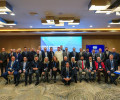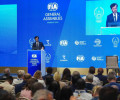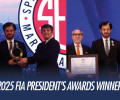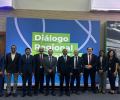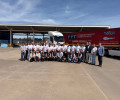2018 FIA AGA – REGION I OUTLINES BROAD RANGE OF 2019 TARGETS
In its meeting Region I outlined its 2019 goals prioritising strengthened leadership on mobility trends, wider advocacy on a range of issues affecting motorists, and further efforts to help Clubs maintain existing members and grow in the future.
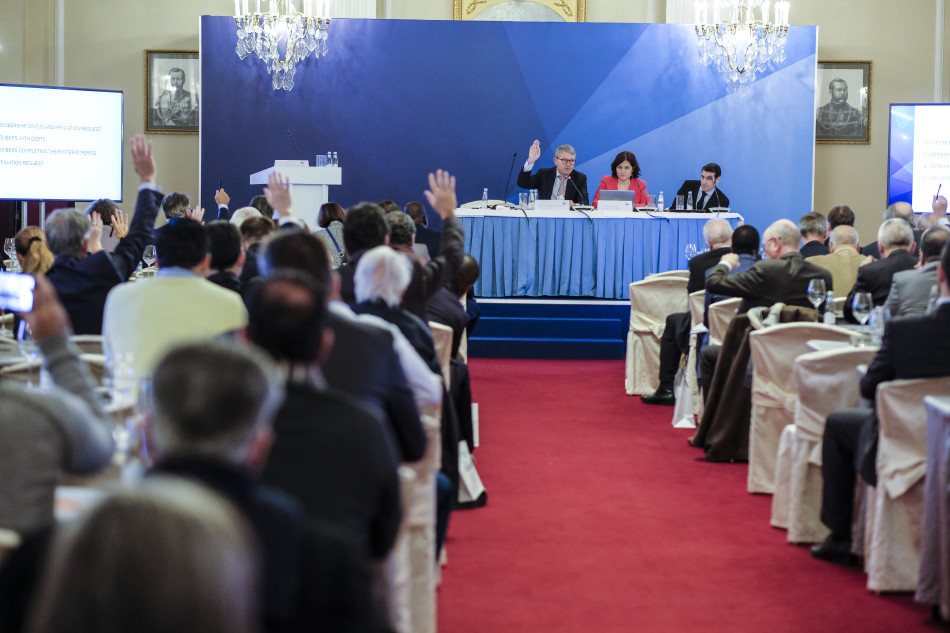
Region I Director General Laurianne Krid first pointed to the Region continuing to provide leadership on mobility issues, first through the development of a new start-up challenge that aims to connect Clubs with the region’s most innovative young companies in order to stay ahead of the technology curve.
The region will also seek to forge closer contacts with key member of the MaaS Alliance, the public-private partnership looking to unlock the economies of scale necessary for the successful implementation of Mobility as a Service. The Region also set a target of attendance at five major mobility events during the year.
In the sphere of advocacy, the Region is aiming to focus on promoting research around the life cycle assessment of vehicles, a topic the meeting would later come back to, as well as further road safety activity and lobbying on motoring issues ahead of European parliamentary elections in May of next year.
The Region I Director General next highlighted the Region’s commitment to membership gain and retention among Member Clubs by targeting increased activity in the digital domain via boosting Clubs’ online presence, blog posts and showcasing best marketing practices.
In order to consolidate the membership base the region will also focus on the development of Region I as an innovation hub, the modernisation of longstanding programmes and the continued pursuit of the roll-out of the Green NCAP initiative.
Finally, in addition to seeking the realisation of projects developed by the ACTA sub-region, Ms Krid said that Region I will submit at least one project to the recently established FIA Innovation Fund, “which will likely focus on data gathering, in particular parking activity.”
The presentation of its 2019 goals was followed by a presentation of the Region’s communication strategy from Region Coordinator Gabriel Simcic.
He said that with regards to internal communication the region would seek to be a source of content for Clubs and would continue to facilitate the exchange of knowledge of communication and innovation. Externally, he said the region will promote the delivery of replicable digital content, largely around key calendar dates such as the UN Road Safety Week, the publication of EuroNCAP results and the European elections. He also pointed to the problem of distraction being a chief campaign issue for the region in 2019.
Delegates were then given a presentation on the Assessment of the Life Cycle of Vehicles, based on work undertaken by the ÖAMTC and Austrian consultants Joanneum Research.
The work focused on what is known as ‘cradle-to-grave’ analysis of the energy involved in manufacturing, operating and disposing of a variety of transport systems including electric, hydrogen and fossil fuel-powered vehicles, including petrol, diesel, and a variety of bio-diesel-fuelled vehicles. The result is a series of fact sheets detailing the environmental performance of each transport type.

 Facebook
Facebook Twitter
Twitter